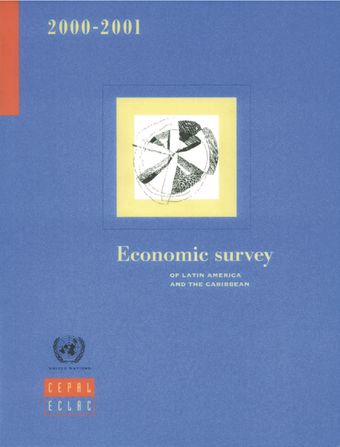Uruguay

- Author: Economic Commission for Latin America and the Caribbean
- Main Title: Economic Survey of Latin America and the Caribbean 2000-2001 , pp 251-258
- Publication Date: October 2001
- DOI: https://doi.org/10.18356/51f6a624-en
- Language: English
The Uruguayan economy failed to emerge from the recession that has afflicted it since mid-1998. Gross domestic product (GDP) shrank by more than 1% in 2000, after falling by 3% in 1999. This persistent recession had pushed the unemployment rate up to 14% by the end of the year, while the consolidated public-sector deficit, which is closely associated with the economic cycle, remained above 4% of GDP. A sharp rise in the international oil price counteracted the effect of an incipient upturn in exports, so that the external deficit widened to 3% of GDP while inflation rose by one percentage point to an annual rate of 5%. The country continued to finance its fiscal deficit by means of domestic and external borrowing in foreign currency, which increased the net debt burden of the public sector to over 40% of GDP by the end of 2000.
-
From This Site
/content/books/9789211558661s003-c019dcterms_title,dcterms_subject,pub_keyword-contentType:Journal -contentType:Contributor -contentType:Concept -contentType:Institution105



